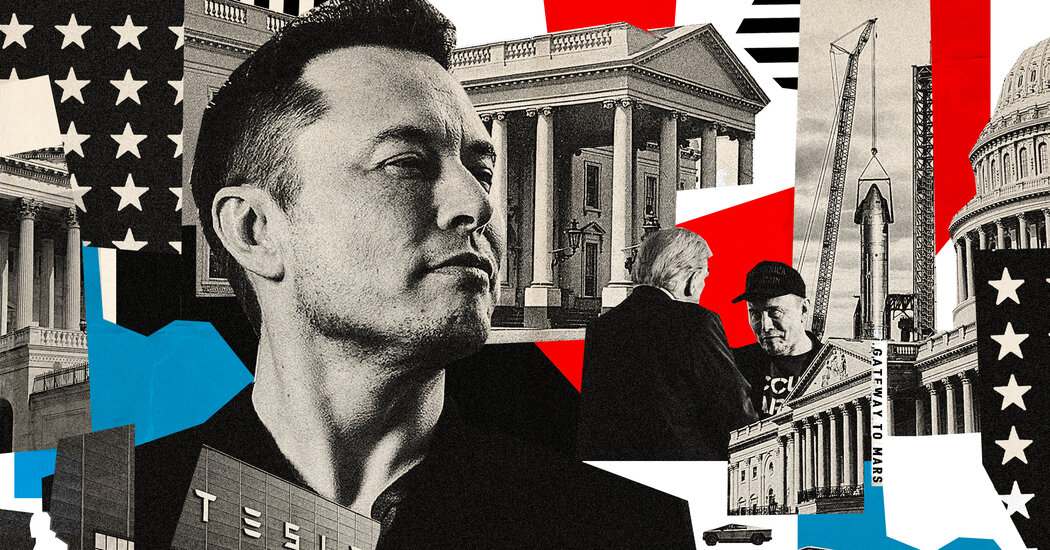Mr. Musk dug into his companies’ budgets, preferring to cut too much rather than too little and to deal with the fallout later. Under Donald Trump, he is set to apply those tactics to the U.S. government.
On a Saturday morning in December 2022, Elon Musk summoned finance executives at Twitter, which he had bought six weeks earlier, to a conference call. Then he drilled into a spreadsheet that contained the social media company’s expenditures.
Mr. Musk was angry, three people who were on the call said. Even though Twitter had just shed more than three-quarters of its employees — leaving it with just over 1,500 workers, down from nearly 8,000 — the company’s spending still appeared to be out of control, the billionaire told attendees.
Over the next six hours, Mr. Musk read out the spreadsheet line by line and asked workers to account for each item. He ordered some items — such as car services for executives — to be cut completely. At one point, he confronted an employee who was responsible for a multimillion-dollar contract related to website security and said his electric vehicle company, Tesla, spent far less on the same task. After the employee pushed back, Mr. Musk said she was no longer with Twitter.
The meeting was characteristic of the approach that Mr. Musk has taken to cutting costs. Frugal to a fault, the 53-year-old has been intimately involved in hacking down budgets at his companies, including Tesla, SpaceX and Twitter, which he renamed X. Over nearly three decades as a tech entrepreneur, he has honed his penny-pinching by digging into minutiae and cutting as deeply as possible — often preferring to cut too much rather than too little, according to 17 current and former employees and others with knowledge of Mr. Musk’s strategies.
Perhaps most importantly, Mr. Musk has been brutally unsentimental about the cuts, paying little regard to norms and conventions. The tech mogul has been unabashed about slashing costs to the point that corporate processes — and sometimes even product safety — break down, philosophizing that he can just fix things later, the people said. And he has been unafraid to offend, stiffing vendors to negotiate better prices and sidestepping traditional suppliers to manufacture cheaper parts from scratch.
“He used to be a deity,” said Jim Cantrell, SpaceX’s first vice president of business development. “But you know he’s just a business guy. And he wants to cut everything to the bone.”
